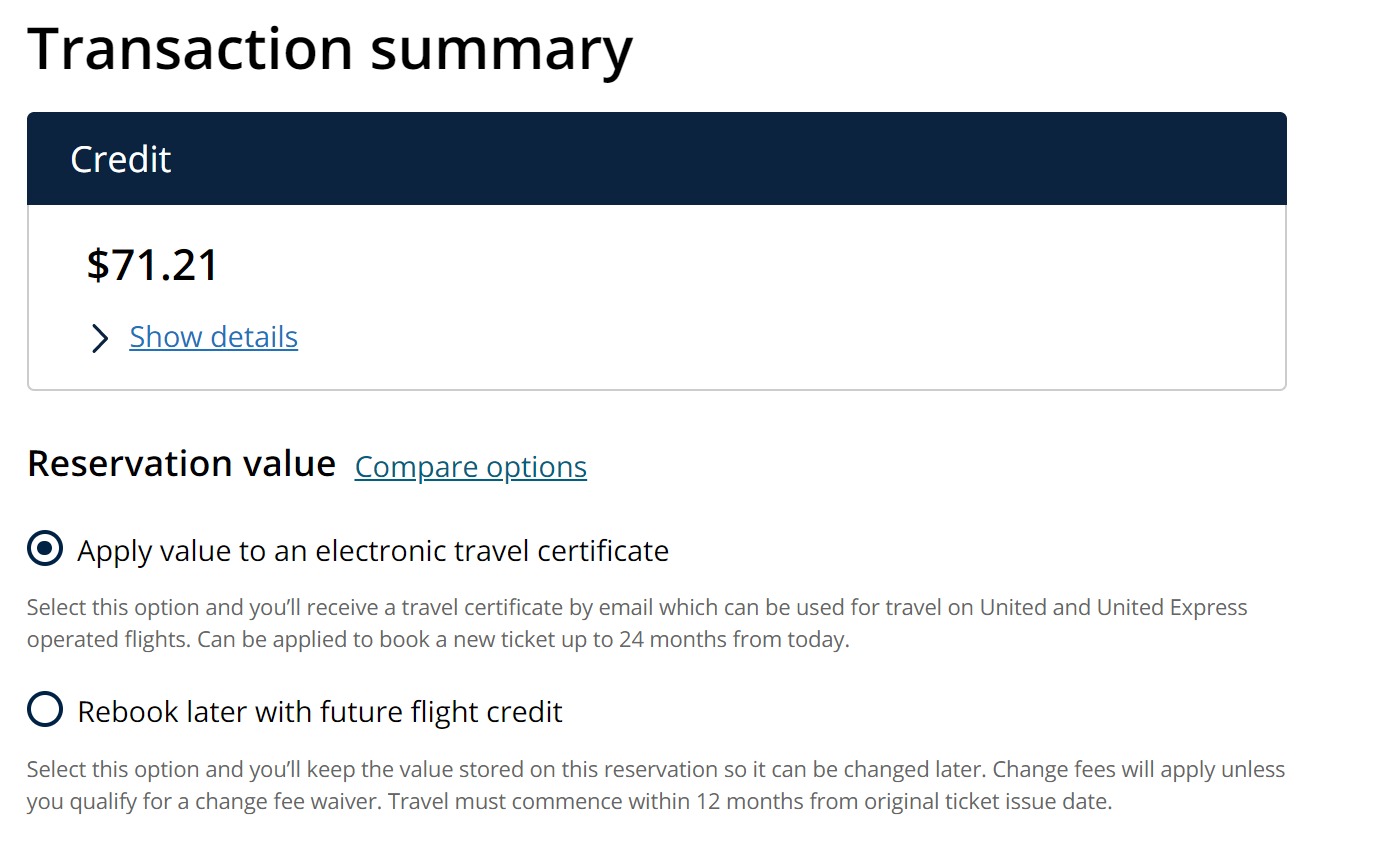Home>Finance>Administrative Services Only (ASO): Definition, Pros & Cons


Finance
Administrative Services Only (ASO): Definition, Pros & Cons
Modified: October 10, 2023
Learn the definition, pros, and cons of Administrative Services Only (ASO) in the field of finance. Discover the benefits and drawbacks of this arrangement.
(Many of the links in this article redirect to a specific reviewed product. Your purchase of these products through affiliate links helps to generate commission for LiveWell, at no extra cost. Learn more)
What is Administrative Services Only (ASO)?
When it comes to managing employee benefits, many companies choose to outsource certain administrative tasks to specialized third-party providers. One popular option in the world of employee benefits is Administrative Services Only (ASO). ASO is a model where an employer contracts with a third-party administrator (TPA) to handle the administrative functions of their employee benefits plan.
Key Takeaways:
- ASO is a model where an employer hires a third-party administrator (TPA) to handle administrative tasks related to employee benefits.
- ASO allows employers to retain control over their benefit design decisions while outsourcing the day-to-day administrative tasks.
Pros of Administrative Services Only (ASO)
Employers have a multitude of options when it comes to managing their employee benefits, but ASO offers several advantages:
- Cost Savings: ASO can be more cost-effective compared to fully insured plans, as employers only pay for the actual cost of claims and administrative services, rather than a fixed premium.
- Flexibility and Customization: With ASO, employers have greater flexibility and control over the design and administration of their benefit plans. This allows them to tailor their benefits to the specific needs of their employees.
- Transparency: ASO plans provide employers with more visibility into their claims data, allowing them to analyze trends, identify cost drivers, and make informed decisions about their benefit plans.
- Administrative Support: By outsourcing administrative tasks to a TPA, employers can free up resources and focus on other strategic initiatives. The TPA handles tasks such as claims processing, enrollment, and compliance, relieving the burden on HR departments.
Cons of Administrative Services Only (ASO)
While ASO offers numerous benefits, there are also potential drawbacks to consider:
- Financial Risk: With ASO, employers bear the financial risk associated with claims. If a large number of expensive claims occur unexpectedly, it can put a strain on the company’s budget.
- Administrative Responsibility: While the administrative tasks are outsourced to a TPA, the ultimate responsibility for the accuracy and compliance of benefits administration still rests with the employer. This requires ongoing oversight and the need for close collaboration with the TPA.
- Difficulty Switching Providers: Once an employer chooses an ASO arrangement, it can be challenging to switch to a different provider due to the complex nature of benefit administration and data transfer between systems.
In Conclusion
Administrative Services Only (ASO) is a popular model for employers looking for more control and flexibility over their employee benefit plans. By outsourcing administrative tasks to a third-party administrator, employers can save costs, customize their benefits, and gain transparency into their claims data. However, it’s crucial to consider the potential financial risk and administrative responsibilities that come with ASO. Careful evaluation and ongoing collaboration with the chosen TPA are essential for a successful ASO arrangement.
This blog post is part of our “Finance” category, where we aim to provide valuable insights and information on various finance-related topics. Stay tuned for more informative articles!














